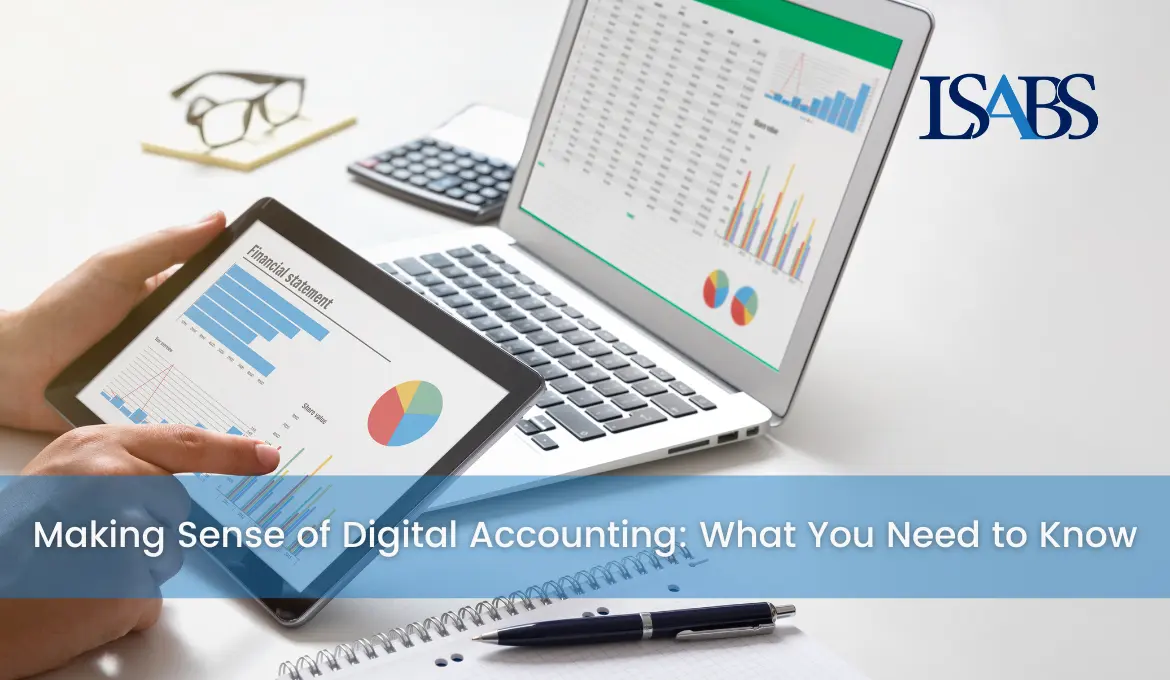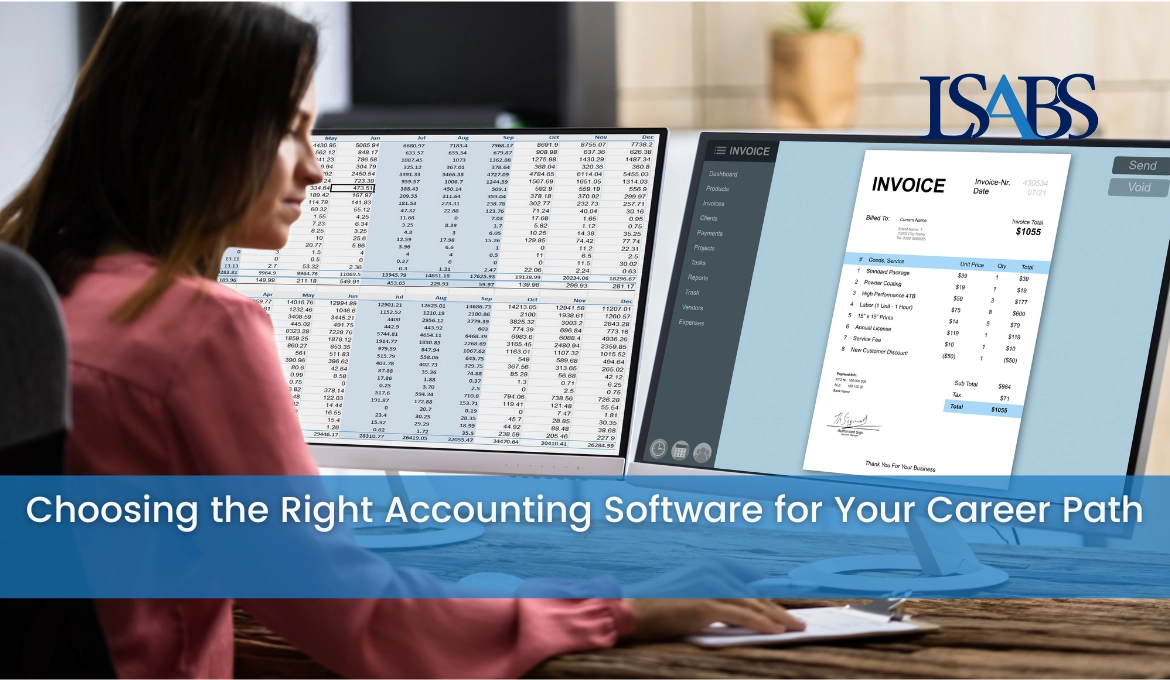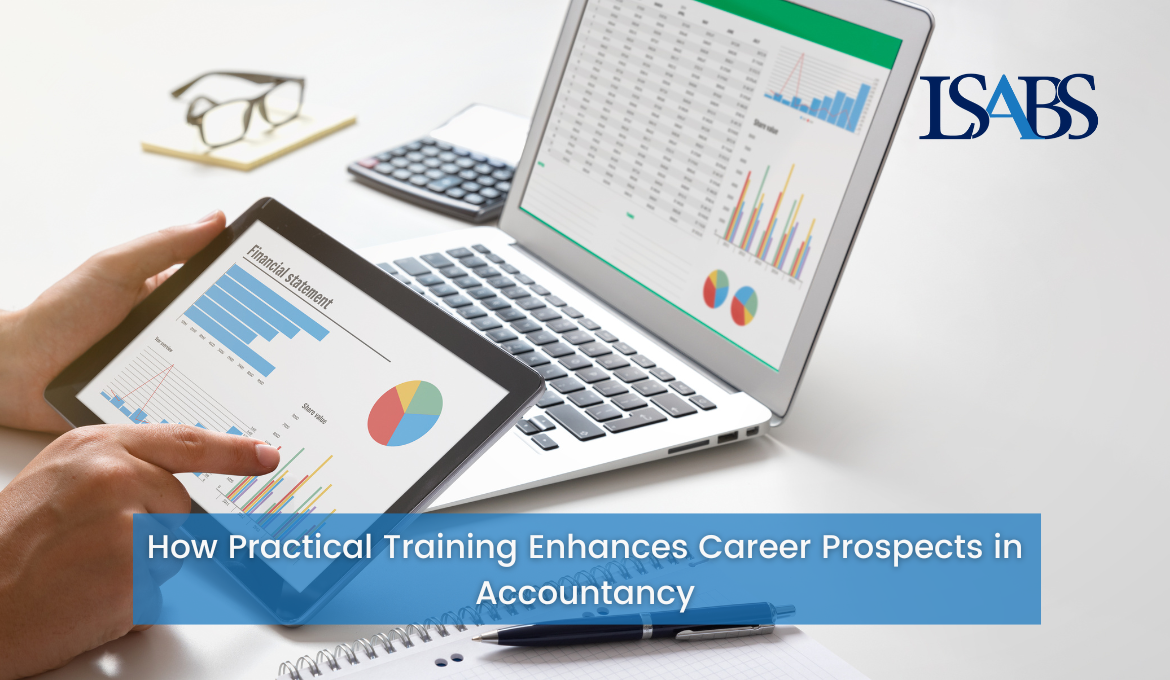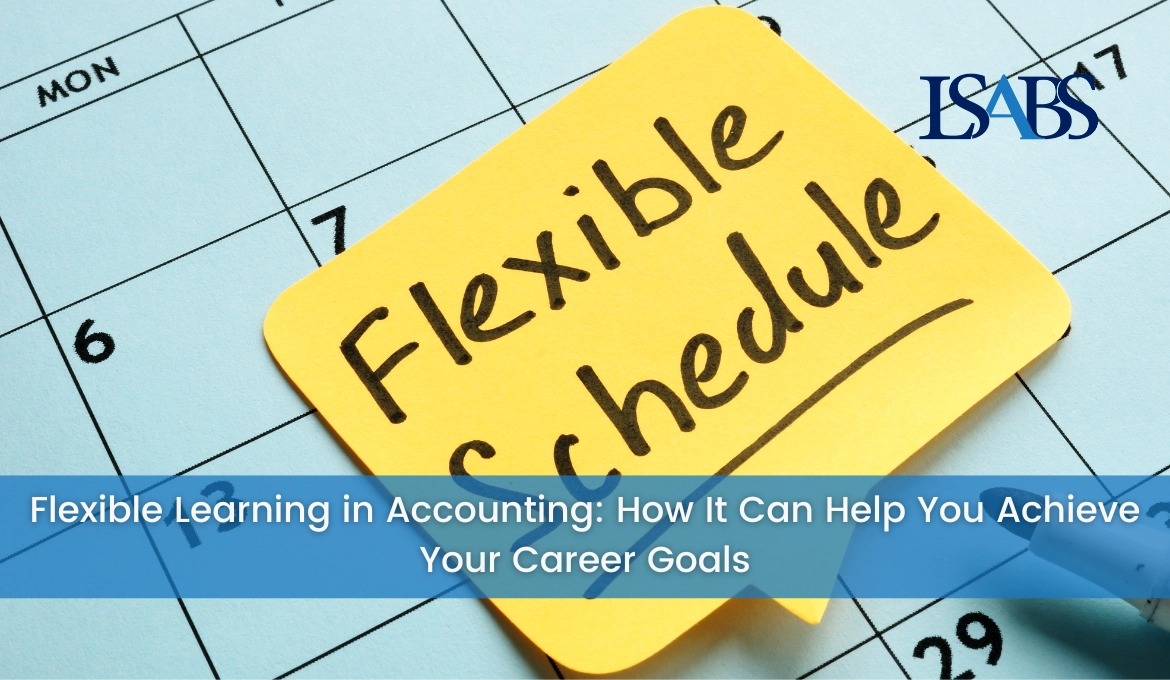Mon-Sat, 8.00-18.00. Sunday CLOSED
Making Sense of Digital Accounting: What You Need to Know
Jun 10, 2023
If you need help understanding digital accounting and bookkeeping, know you're not alone. It can be overwhelming to try and understand the nuances of all the different software products, the various roles and responsibilities of a digital accountant or bookkeeper, and even how to choose the right ones for your business.
To help you start this journey, we are here to provide some clarity. In this article, I'll cut through all the jargon and explain the basics of digital accounting. I'll explain what a digital accountant or bookkeeper does, give you information about popular software options such as XERO and Sage 50 Accounts, and introduce you to QuickBooks so that you can make an informed decision about which system works best for your business.
What Is Digital Accounting?
Digital accounting is a new way of handling your bookkeeping needs that involve something other than manual paperwork or spreadsheets. Instead, it uses various online tools, such as cloud-based software, to enable users to store, manage and access their financial data from any device anywhere in the world. It's a great way to automate mundane tasks like invoicing and payroll—saving you time and energy in the long run.
So what kind of digital accounting solutions are out there? There are many options, such as digital bookkeepers or accountants who can provide an individualised approach to accounting; XERO and Sage 50 Accounts, cloud-based solutions; and desktop programs such as QuickBooks. Each has its benefits and drawbacks, so it's essential to research each before deciding.
The Benefits of a Digital Accountant
If managing your finances have you scratching your head, it's time to consider the services of a digital accountant. They have the expertise and experience to care for all your books, leaving you free to focus on running and growing your business. So what are the benefits?
- Accessible from anywhere: Because digital accounting services are done online, you can access your financial records anytime and anywhere. Plus, data is automatically backed up securely in the cloud, so you don't have to worry about data loss or security breaches.
- Increased accuracy: A digital accountancy solution such as XERO or Sage 50 Accounts automates many complex processes' calculations. It reduces the chances of human error and significantly increases accuracy in producing financial statements and reports.
- Lower costs: Digital accounting solutions can dramatically reduce costs associated with hiring full-time accountants or bookkeepers. You also save money on office supplies, filing cabinets and software upgrades.
Digital accountants allow business owners access to real-time financial information and insight, helping them make better decisions that will drive their business forward.
Choosing the Right Software for Digital Accounting
Regarding digital accounting, you need the right software for the job. But not just any software—you must choose the best platform to meet your particular needs.
Xero
If you're looking for cloud-based accounting software, Xero is a great option. It boasts intuitive and efficient tracking of your inbound and outbound payments and creates professional invoices and receipts with customisable templates.
With Xero's bank reconciliation tool, you can keep track of your transactions and ensure you're always up to date on your finances. Plus, it integrates with other popular tools like Salesforce, allowing you to use multiple platforms without shuttling data back and forth.
Sage 50 Accounts
Sage 50 Accounts is an excellent choice if you're looking for an on-premise, powerful, yet easy-to-use accounting solution. With its comprehensive suite of features, Sage 50 Accounts can handle all of your general ledger accounts, manage customer details and inventory levels, and set up payment alerts and reminders for customers—you name it! Plus, its customer support team is top-notch, so you can get help quickly if you ever encounter an issue.
QuickBooks
QuickBooks is an excellent solution for small businesses just starting in digital accounting. It's a cloud-based system that offers key features such as categorising expenses automatically, tracking customer payments and creating custom invoices through templates so that everything looks professional—all without any prior accounting knowledge! Plus, it offers flexible options like letting users add an unlimited number of users at no additional cost—as long as they have the same.
Understanding Why a Digital Accountant Is Necessary
You may be wondering why you need a digital accountant in the first place. Well, it's pretty simple. A digital accountant can help you streamline your financials, so you can make informed business decisions without getting bogged down in paperwork.
Plus, having a digital accountant makes it easier to track everything in one place and access real-time data—this reduces the risk of errors or bad practices, which saves valuable resources like time and money.
With a digital accountant, you can:
- Easily monitor cash flow
- Set up accurate financial reports
- Reduce manual data entry errors
- Gain real-time insights into your financials
- Automate financial tasks like billing and invoicing
- Access your finances securely from any device at any time
- Monitor daily transactions to identify areas of improvement
- Improve customer service and communication with customers
- Use top software like XERO, Sage 50 Accounts or QuickBooks
- Save money in the long run by getting rid of manual processes
Essentially, having a digital accountant is the best way to take control of your finances and make better business decisions more quickly — all while protecting yourself against costly mishaps with accurate tracking systems and automated processes that are simple to use!
Conclusion
Deciding between digital vs traditional accounting is not a zero-sum game. It's a complex decision that must consider your budget, the volume of financial data, and the benefits of using digital accounting tools. With the right platform and support, digital accounting can make operations more efficient, accurate, and secure.
The best way to get started with digital accounting is to decide which platform is best for you and then work with an expert to ensure you understand the features, how to use them, and the best practices for keeping your finances secure. With the proper setup, you can enjoy the benefits of digital accounting for years.




